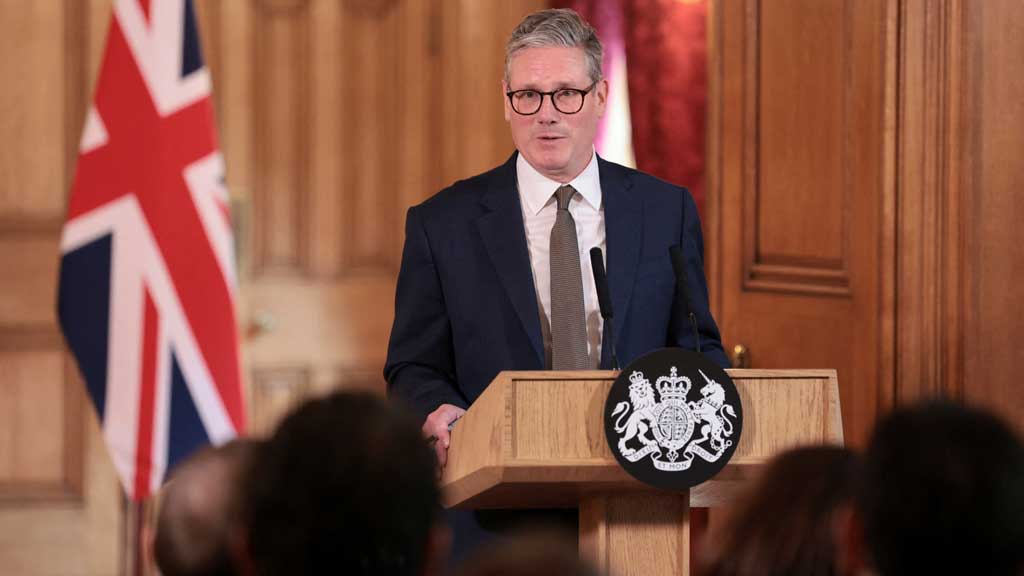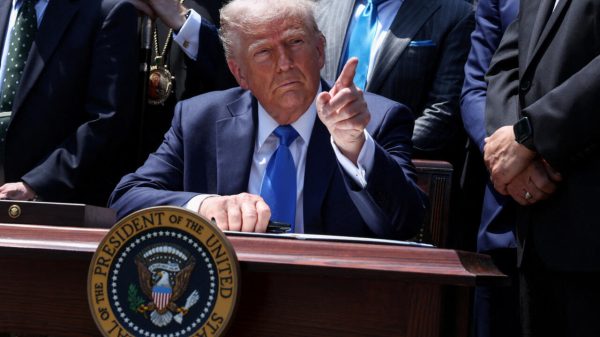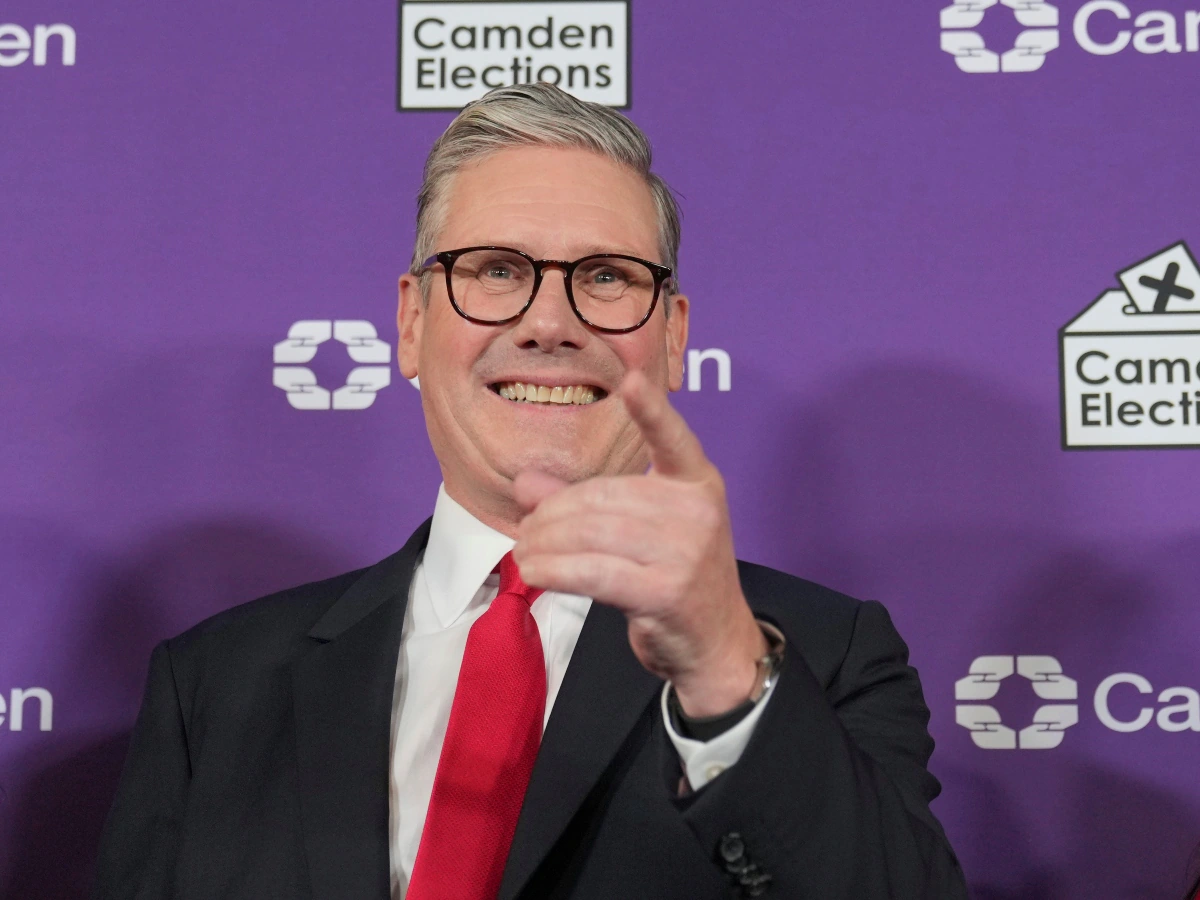In his first major policy announcement since winning a landslide election, Britain’s new Prime Minister, Keir Starmer, declared that he would abolish the controversial plan to send thousands of asylum seekers from Britain to Rwanda.
The previous Conservative government had introduced this plan in 2022 to deter asylum seekers from arriving in Britain by small boats. However, legal challenges prevented anyone from being sent to Rwanda under the policy.
During his first press conference as Prime Minister, Starmer explained that the Rwanda scheme would be scrapped because it would have only affected about 1% of asylum seekers and would not have served as an effective deterrent. He criticized the plan as a “gimmick” that was ineffective from the start, emphasizing his commitment to ending policies that do not work.

Starmer Announces End to Controversial Rwanda Asylum Plan in First Major Policy Move
Starmer, who secured one of the largest parliamentary majorities in recent history, faces significant challenges, including improving public services and reviving the economy. At the press conference, he was asked about his plans and timelines for delivering on his promises but provided few specifics.
He did, however, acknowledge the need for tough decisions and indicated that his government would address critical issues like the overstretched prison system and long waiting times in the state-run health service.
To tackle these challenges, Starmer announced the establishment of “mission delivery boards” to focus on priority areas such as health services and economic growth. The issue of asylum seekers crossing from France was a key theme in the recent election campaign.
While proponents of the Rwanda policy argued it would disrupt people traffickers, critics labeled it as immoral and unworkable. The UK Supreme Court declared the policy unlawful in November, and subsequent legal challenges ensued despite new treaties and legislation.
The British government had already invested significant funds into the Rwanda plan, which it cannot recover. Starmer’s alternative approach involves creating a Border Security Command to combat people smuggling by coordinating efforts among police, domestic intelligence, prosecutors, and international agencies.
His announcement was welcomed by organizations like Freedom from Torture, which praised his decision to end the controversial scheme.











































